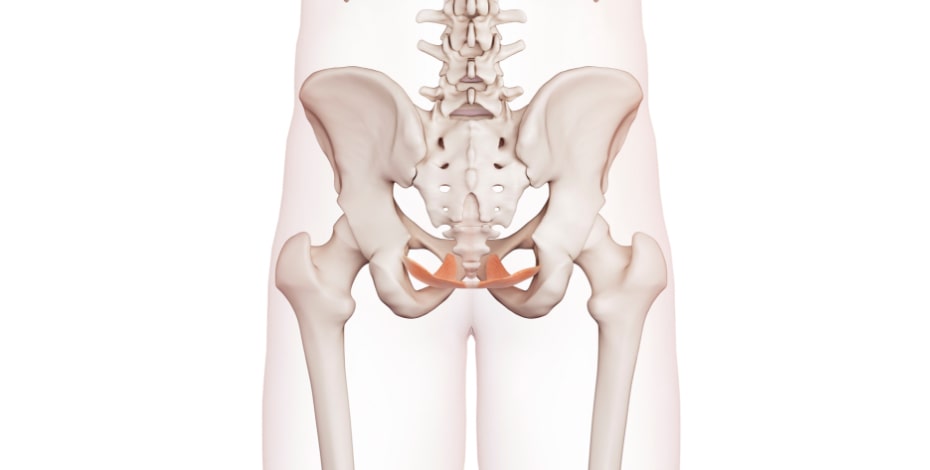
Making a change to pelvic floor health in breast cancer patients

Udari Colombage received a 2019 PRF Seeding Grant to assist in her study to compare pelvic floor health in women with and without breast cancer.
Udari Colombage recently received a funding boost of $10,000 to assist with her research into comparative pelvic floor health in women with or without breast cancer.
Breast cancer is the most common cancer affecting women in Australia, yet routine screening and management of pelvic floor dysfunction are not a part of standard breast cancer care.
While Udari Colombage, APAM, admits ‘there is scant existing literature to indicate women treated for breast cancer experience pelvic floor dysfunction at higher rates than women without breast cancer’, her research, with the assistance of the PRF grant, aims to investigate pelvic floor function and dysfunction in women who have received treatment for breast cancer.
As an undergraduate physiotherapy student at Monash University in Melbourne, she ‘worked with numerous women with breast cancer who seemed to have some concerns about their pelvic floor health.’ This ignited her interest in women’s health. After graduating with a Bachelor of Physiotherapy (Honours) in 2017, Udari has gone on to further study (she is currently completing a PhD at Monash University).
‘With the guidance of my supervisors Associate Professor Helena Frawley, Dr Sze-Ee Soh and Assistant Professor KuanYin Lin, I am currently completing a number of studies to investigate pelvic floor function and dysfunction in women with breast cancer,’ she says.
Udari and her supervisors have planned five studies to explore this topic: a systematic review of the available literature, a survey of women with and without breast cancer about their pelvic floor symptoms, an examination of their pelvic floor muscle function, a qualitative study exploring their attitudes and perception of their pelvic floor dysfunction, and lastly a feasibility study to understand the efficacy of pelvic floor muscle training to treat pelvic floor dysfunction in women with breast cancer.
The PRF grant has enabled the project to be extended and allowed Udari to investigate and compare pelvic floor muscle function in women with and without breast cancer. ‘There are no studies to date which have assessed pelvic floor muscle characteristics and function in this population.This is important to know in order to test conservative therapies to treat pelvic floor dysfunction in women with breast cancer,’ she says.
‘I have had many women with breast cancer open up to me during the course of this project. They comment on how their pelvic floor symptoms have bothered them in their daily lives, but often felt that this was only a minor inconvenience and is not something they should seek treatment for after surviving cancer.
‘Given that pelvic floor muscle training is the recommended first-line management for pelvic floor dysfunction, physiotherapists can potentially have a major role in helping women in this population.
‘This is an important yet currently underresearched area of healthcare that has the capacity to benefit large numbers of Australian women. I hope that my research will provide more insights into this problem, so that women with breast cancer can be routinely screened for these symptoms and to promote an open conversation about pelvic floor dysfunction.’
The PRF grant ‘greatly supports’ the ability to undertake the assessment of pelvic floor muscle function using valid and reliable measurement tools. Udari says that ‘these results will be used to inform future research in order to test the clinical effectiveness of pelvic floor muscle therapies to treat pelvic floor dysfunction in women who have undergone treatment for breast cancer.’
She states ‘if pelvic floor therapies are ultimately found to be effective in the treatment of pelvic floor dysfunction in women following treatment for breast cancer, my aim is to place pelvic floor physiotherapy in the pathway of breast cancer healthcare.’
Udari is currently recruiting women without a history of breast cancer who are interested in completing a free pelvic floor muscle assessment, to be conducted by her. She hopes to compare the pelvic floor muscle function of women without breast cancer to those undergoing treatment for breast cancer. Assessments will be held at Monash University Peninsula Campus (in Frankston, Victoria). If you or someone you know are interested in being a part of this project, enter your details via the website https://tinyurl.com/utas76.
© Copyright 2025 by Australian Physiotherapy Association. All rights reserved.





